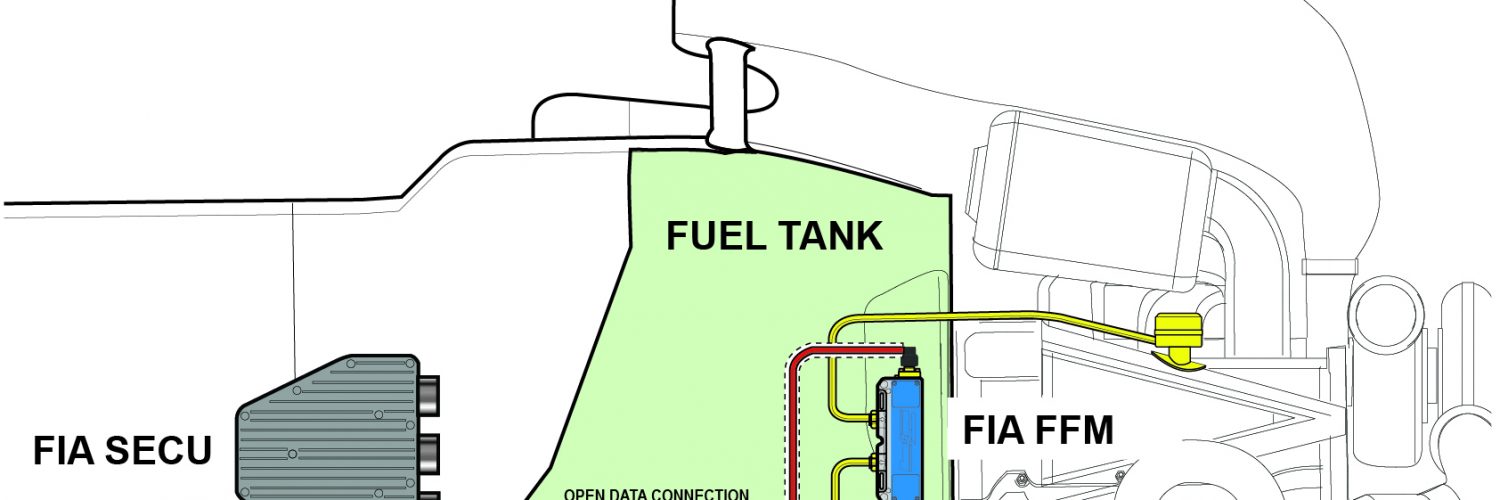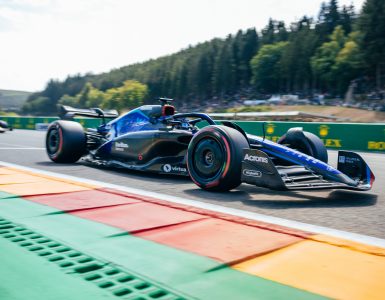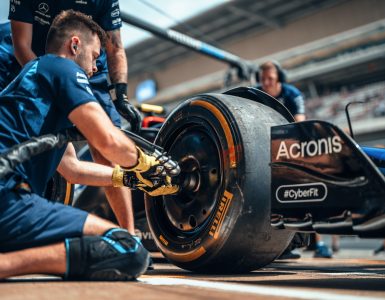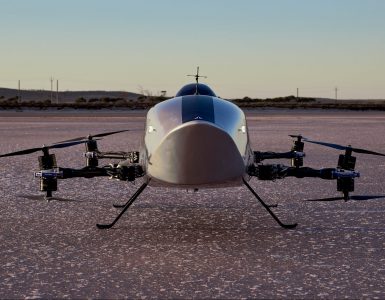Sentronics Ltd, are the sole-supplier of homologated regulatory fuel flow meters in the FIA Formula 1 World Championship, as well as other international race categories (FIA world Endurance Championship and exclusively to the IMSA weather tech sportscar championship).
For the 2020 Formula 1 season Sentronics Ltd has developed a new encrypted fuel flow meter. The encrypted meter will be used in addition to the existing fuel flow meter, which has been used by all teams throughout the 2018 and 2019 Championships.
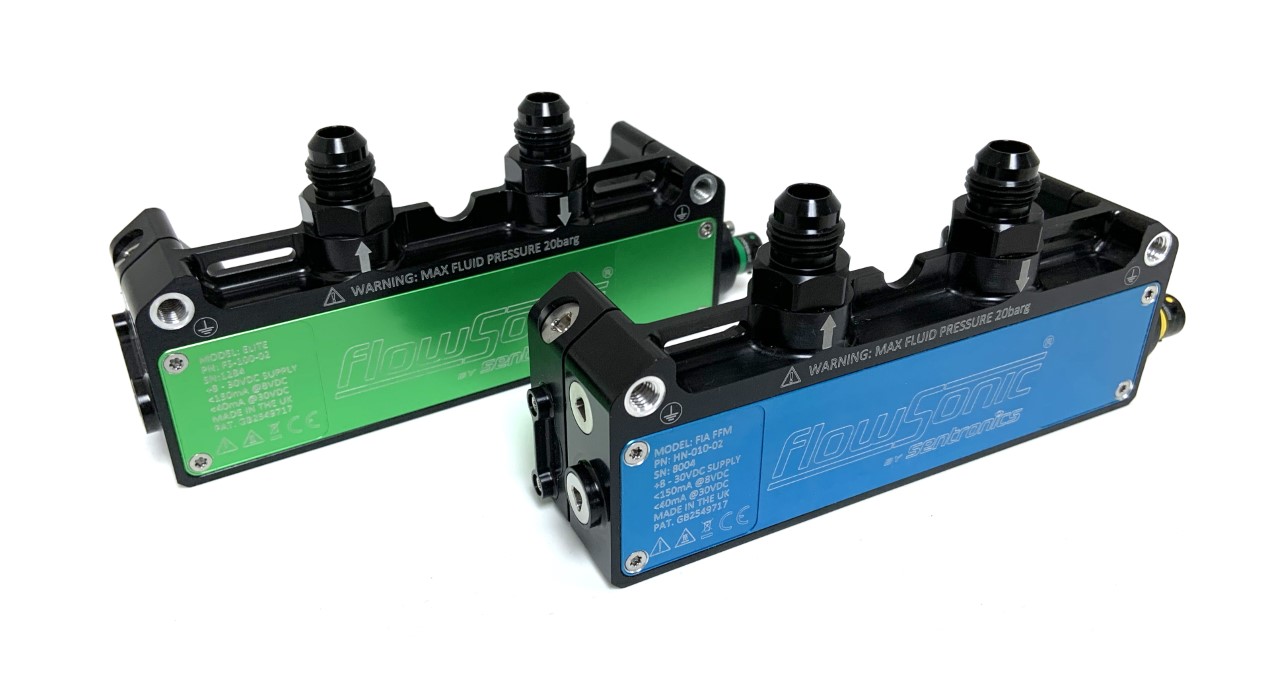
Introduced to Formula 1 in 2014, the FIA’s regulation surrounding fuel flow requires teams to keep within a strict maximum instantaneous fuel flow limit of 100kg/hour; monitored by a homologated fuel flow meter providing data to teams and the FIA throughout a race weekend. Fast-forward to 2017, the supply of the regulatory fuel flow sensor for the 2018 and 2019 seasons was opened up to tender by the FIA, and subsequently awarded to Sentronics Ltd with the FlowSonic Elite fuel flow meter. The FlowSonic Elite has been successfully used since, and will continue to be used throughout the 2020 Championship.
Towards the end of the 2019 season, fuel flow regulations were back in the spotlight, with Red Bull seeking clarification over a potential loophole that could be used to circumnavigate fuel flow regulations. The loophole would involve a team forcing a greater amount of fuel through the fuel flow meter than permitted, at intervals in between each of the meter’s 2,200 fuel flow measurements per second. The FIA declared that this would be illegal.
While it would be an extremely difficult loophole for any team to exploit for competitive gain, it wasn’t technically impossible. In order to address this and tighten the policing of fuel flow regulations, the FIA released a new technical directive on 20th November 2019, detailing the actions to be introduced for 2020 in order to improve policing of the fuel flow measurement. The directive declared that a secondary flow meter labelled the ‘FIA FFM’ would be introduced for the 2020 season, to be mounted in series after the team device already in use.
The meter would incorporate new features to make it impossible for a team to use more fuel than recorded.
Developed by Sentronics Ltd as an evolution of the FlowSonic Elite flow meter, the new device incorporates anti-aliasing technology and full data encryption. The anti-aliasing technique randomises when the device makes its measurements, ultimately making it impossible to synchronise any ancillary parts to the measurement frequency. Full encryption ensures the authenticity of the data and privacy to the FIA. This eliminates the possibility of the data being used as part of a feedback system to gain a competitive advantage.
Following the intensive three-month period of development and testing, the resulting meter is believed to be the most advanced of its type globally. Neville Meech, Managing Director at Sentronics commented, “This new variant of the FlowSonic fuel flow meter is not only one of the most technologically advanced currently available, but is an important step forward in improving the FIA’s policing of the maximum fuel flow regulations in F1. We’re proud to lead the market in solid-state fuel flow meters, and to demonstrate our ability to develop world-class technology in rapid timeframes”.
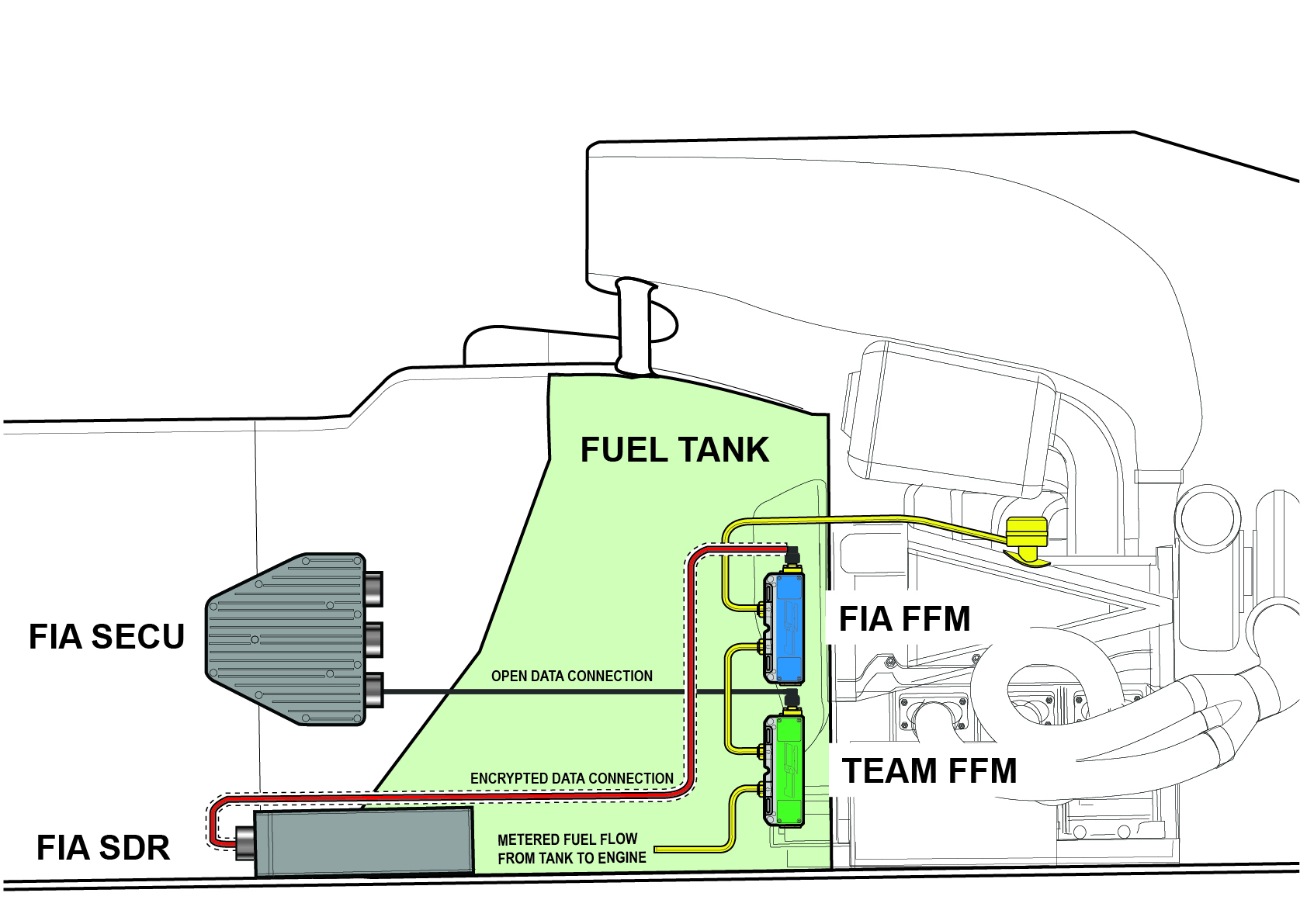
Therefore, in the 2020 Formula 1 season teams will now have to run two different Fuel Flow Meters (FFM) supplied by Sentronics, the Team FFM which remains the same as before, Then, downstream of this unit will be the new FIA FFM. With the anti-aliasing and encryption technology, this meter will be connected to the FIA Safety Data Recorder (SDR) via a private connection and the data stored for FIA inspection. Thus, output from the FIA FFM will be inaccessible to the teams.
A team’s pool of FIA FFMs will be handed to the FIA, who will allocate a sensor to each car at the start of an event and retrieve the unit at the end of the event.
Both the original fuel flow meter and new encrypted sensor have been used through winter testing in Barcelona, and will continue to be used by all F1 teams for the duration of the 2020 season.

